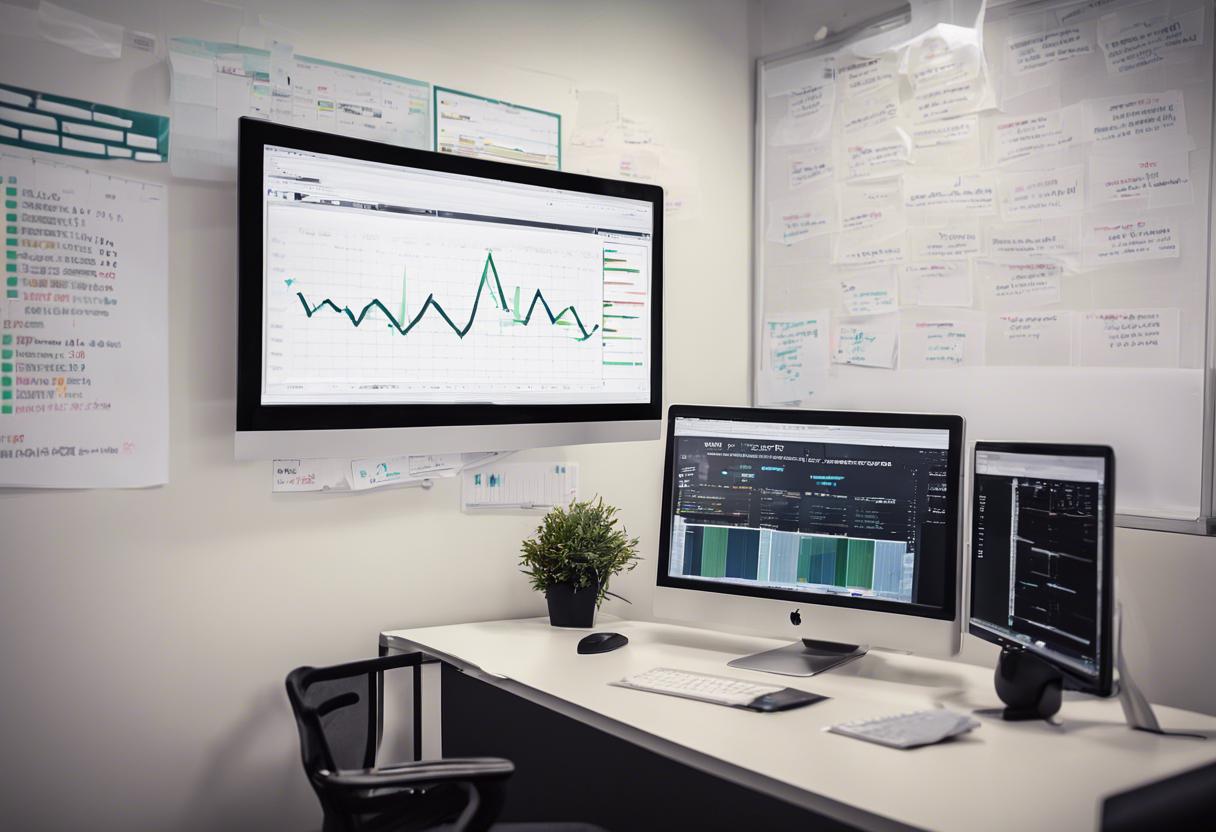The use of artificial intelligence (AI) in project management presents exciting opportunities to enhance the efficiency and effectiveness of ongoing projects. From automating routine processes to better managing risks and resources, AI has the potential to revolutionize how we deliver projects. As AI technologies continue to evolve, organizations will increasingly rely on them to make more accurate data-driven decisions.
Revolutionising Scheduling: The AI Advantage
Artificial intelligence (AI) is revolutionizing scheduling in project management, offering a significant advantage over traditional methods. By automating the scheduling process, AI algorithms analyze historical data and project requirements to create optimal schedules considering resource availability and deadlines. This eliminates the need for manual scheduling, saving time and reducing errors. Furthermore, AI can monitor project progress in real-time, identifying potential delays and suggesting corrective actions. This allows project managers to focus on strategic aspects of management rather than spending time updating schedules manually. With AI’s ability to streamline scheduling processes, project managers can meet deadlines with precision, improving efficiency and ensuring successful project delivery.
Optimising Resources: AI’s Role in Efficiency
Effective resource management is crucial for project success. AI can greatly enhance this process by optimizing resource allocation and predicting future needs. By analyzing current resource loads, team member availability, and skills, AI algorithms can suggest the best use of available resources. Additionally, AI can forecast future resource requirements based on project plans and historical data, enabling better planning and prevention of potential shortages. As a result, project managers can better manage resources, minimize waste, and maximize efficiency. With AI’s ability to optimize resource allocation and predict future needs, organizations can ensure that the right resources are allocated to the right tasks at the right time, ultimately leading to more successful and efficient projects.
Predictive Analysis: Navigating Risks with AI
AI can introduce a more objective and accurate approach to risk management through predictive analysis. By analyzing historical and current data, AI algorithms can identify patterns and predict potential risks in project management. This allows project managers to proactively manage risks by taking preventive actions before issues arise. Predictive analysis can also help anticipate delays, budget overruns, and other problems, enabling quick and effective responses. For example, it can identify activities most likely to experience delays or factors that may lead to schedule overruns. Based on this information, the Project Manager can respond by injecting additional resources into critical activities, reorganizing the schedule, or closely monitoring task progress. Using AI in risk management enables more precise data-driven decisions, leading to more stable and successful projects.
As the integration of artificial intelligence in project management continues to advance, the potential for improved efficiency and success becomes increasingly evident. With AI’s ability to automate processes, optimize resources, and mitigate risks, project managers can expect a future where data-driven decisions and enhanced knowledge management are the norm. As we move forward, it is essential to consider the ethical implications and potential limitations of relying on AI for project management.
